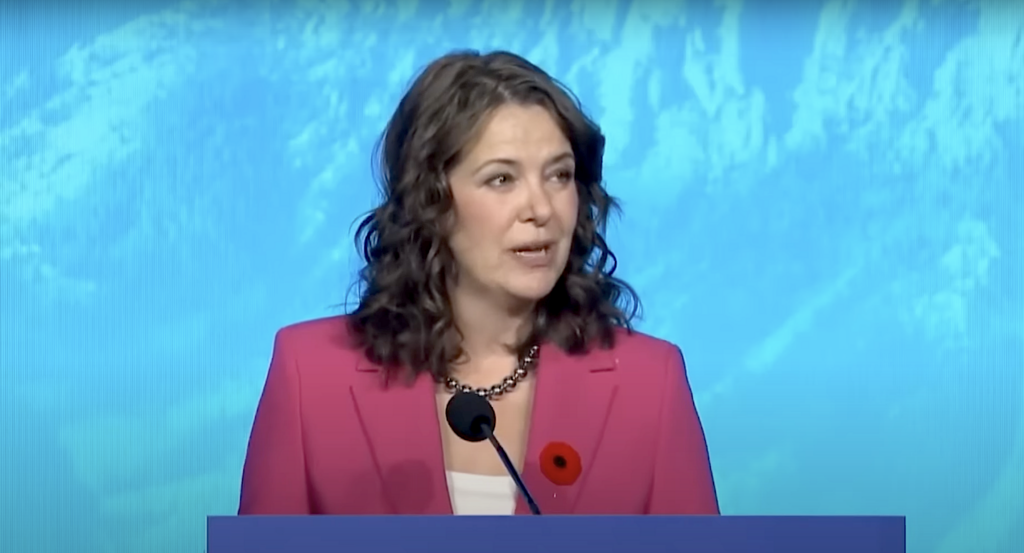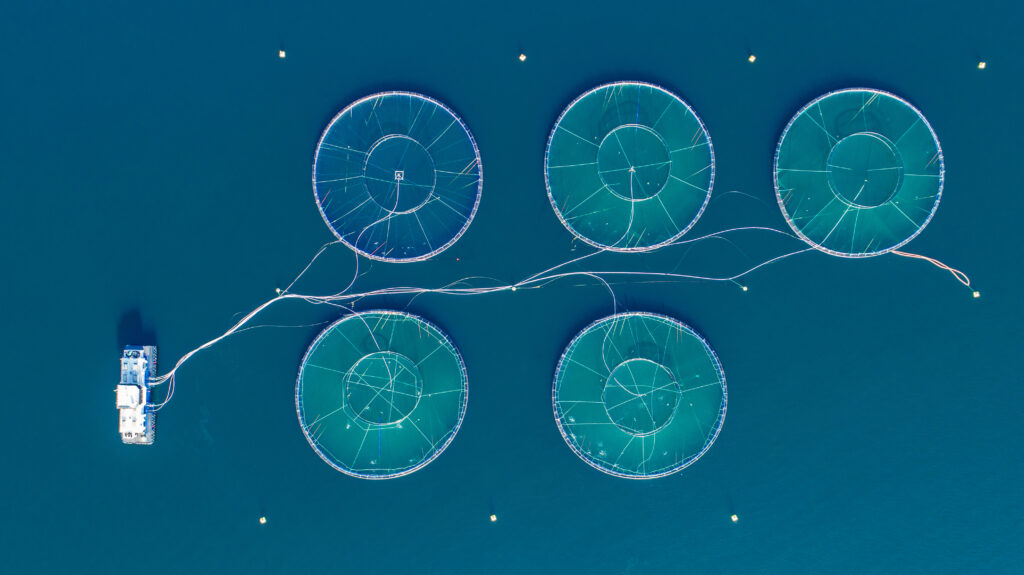CONSIDER the following two statistics together.
Research into the peer-reviewed science of climate change found that between 1991 and 2011, 97 per cent of studies agreed that climate change is caused mostly by humans.
Research into the reporting of climate change science in Australia’s biggest selling newspaper, the Herald Sun in Melbourne, has found that 81 per cent of all the coverage, including 97 per cent of all the opinion stories, were sceptical of human-caused climate change.
Overall, this major new study into newspaper coverage of climate change in Australia has found about one third of all the stories and columns are sceptical of the scientific consensus on climate change.
But the study, carried out by the Australian Centre for Independent Journalism at Sydney’s University of Technology, reveals how Australia’s dominant Rupert Murdoch-owned newspapers are heavily slanted away from the scientific reality towards denial of the science.
The Sceptical Climate study was led by Wendy Bacon, Professorial Fellow at the ACIJ. She told DeSmogBlog:
These results are very disturbing because effectively the biggest Australian newspapers are lying to their audiences although journalism is supposed to be about reporting as truthfully and accurately as we can. News Corp is responsible for most of the articles that don’t accept the consensus. Because two thirds of print media are in its hands, all we can do is to put all effort into ensuring critical independent voices are heard. Unfortunately lower income less educated audiences are being lied to the most. Some regions get hardly any coverage at all. The information divide on this crucial issue is deep in Australia.
The 220-page report looked in detail at the coverage of climate change science in 10 of Australia’s top selling newspapers across the country between February and April 2011 and the same period in 2012.
Seven of the newspapers are from the Rupert Murdoch-owned News Corporation Australia stable, which includes the nation’s top two sellers The Herald Sun (Melbourne) and The Daily Telegraph (Sydney), plus the only non-specialist national newspaper The Australian.
The remaining three newspapers analysed were the Fairfax-owned Sydney Morning Herald, The Age (Melbourne) and the Seven West Media-owned Western Australian. Fairfax newspapers did accept the consensus.
Just under a third of the 602 articles analysed were sceptical of the scientific consensus that humans were the main cause of climate change, but the amount of scepticism had risen to 36 per cent for the period in 2012.
The most sceptical newspaper of all was the Murdoch-owned Herald Sun in Melbourne, where some 81 per cent of all the words published on the issue were part of sceptical coverage of human-caused climate change. In second place was the Murdoch-owned The Daily Telegraph in Sydney, where 73 per cent of the word count was sceptical.
When it came to opinion stories, a stunning 97 per cent of the columns appearing in the Herald-Sun were sceptical of human-caused global warming. Ironically, this is in direct contrast to the 97 per cent of peer-reviewed studies which conclude the opposite.
The report also singles out the influential role of News Corporation syndicated columnist and climate science denier Andrew Bolt. The report says Bolt wrote a total of 38 comment pieces and more than 13,000 words “nearly half of all words in articles that included material about climate science in the Herald Sun.” The report says of Bolt:
Given his influence, a consideration of how Australian media covers climate science needs to include an analysis of the strategies used by Bolt to persuade his readers they should reject the findings of the vast majority of climate scientists. These strategies include personal abuse, cherry picking specific findings to refute the entire body of findings of climate scientists, portrayal of advocates of climate action as ideologically motivated with totalitarian tendencies and criticism of journalists who report on climate science. He presents himself as someone who is fighting a battle to reveal ‘truth’ and ‘secrets’ which ‘warmists’ want hidden to protect their vested interests. Once the ‘facts’ are established a triumphal, mocking tone is adopted.
Of all the newspapers monitored, The Australian produced the most coverage of climate change science but almost half of it was sceptical of the scientific consensus. The study noted:
While scientists overwhelmingly agree on anthropogenic climate change,The Australian represents climate science as matter of opinion or debate rather than as a field for inquiry and investigation like all scientific fields.
In a statement to Guardian Australia, News Corporation defended its coverage:
News Corp and its newspapers do accept the scientific consensus. There is no company edict on the line to take – editorial control rests with the editors. News Corp Australia’s internationally recognised environmental sustainability program One Degree has resulted in the company reducing its carbon emissions by 19% since 2006.
Subscribe to our newsletter
Stay up to date with DeSmog news and alerts







